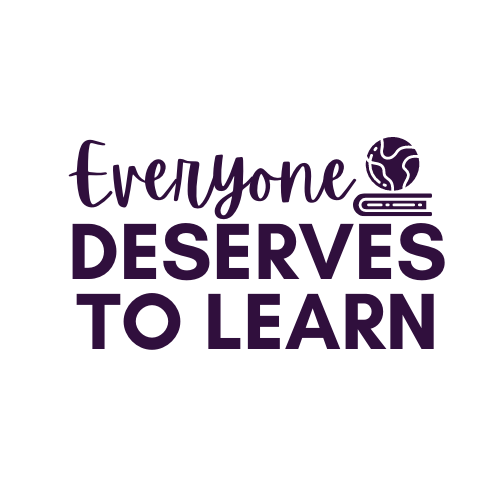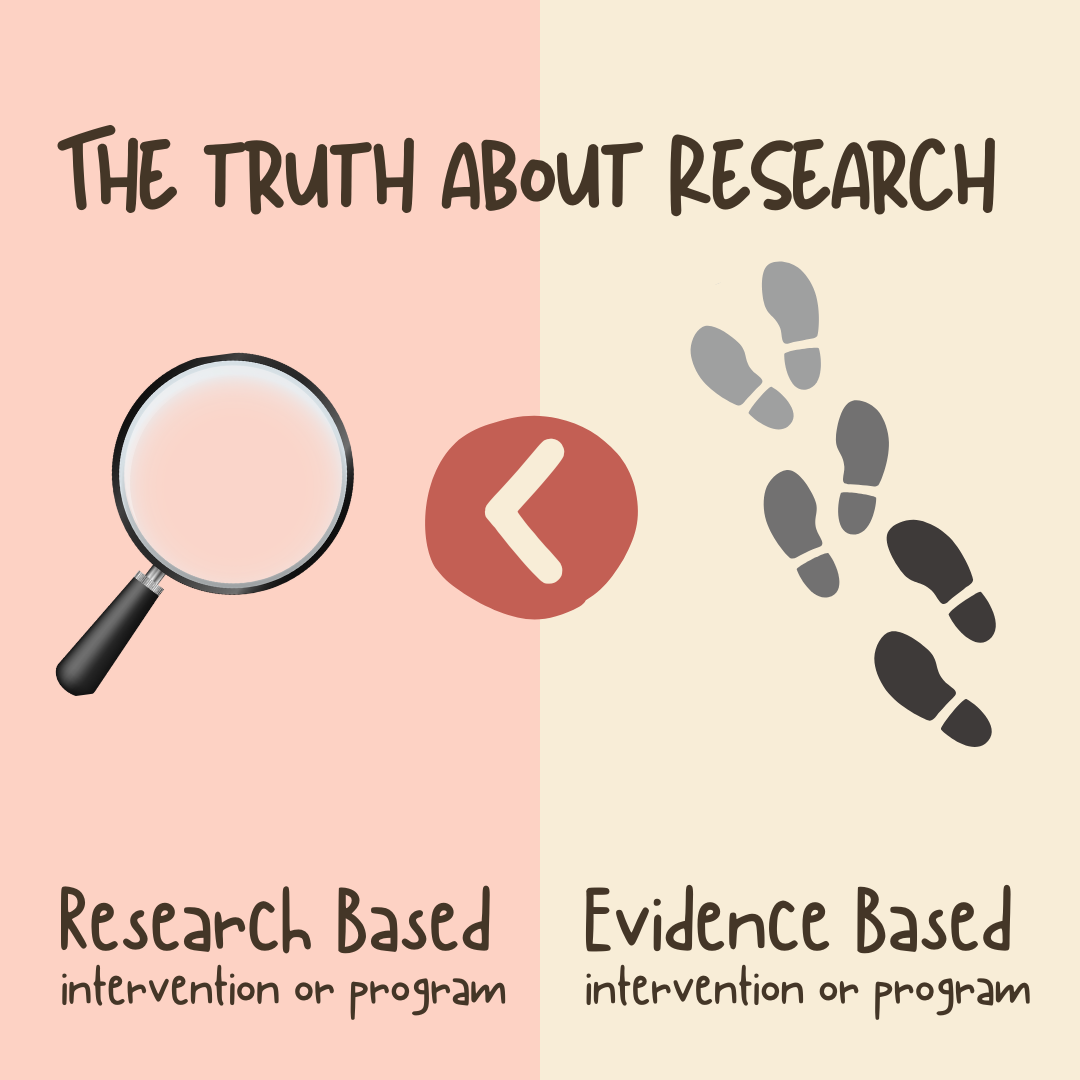The Truth About Research-Based Interventions
There’s a great movement happening in schools across the US: administrators are searching for programs and interventions that are based on research. Sounds wonderful. Hate to be the bearer of bad news, but there’s a major problem with it. In the haste to push programs to market, liberties are often taken in order to create appeal.
The down and dirty truth is that anyone can slap a label on a curricular resource that says “research-based,” or worse…”research-aligned,” but it doesn’t mean that program or intervention will actually do any good for kids. A program that is based on research sounds good, but if you want it to do good, you’ll want something that is evidence-based.
Let’s use forensics to set the stage: imagine a detective is searching for the perpetrator of a crime that took place in a muddy field. They see a trail of footprints nearby, and decide to follow it. These footprints lead to a car parked about 50 yards away. If the footprints lead from the crime scene to the car, that must connect the two. Problem solved, yes? The detective can stamp “Case Closed” on the file and go about their day.
No! Any detective worth their salt would examine the connection between the footprints, the car, and the crime scene. How old are the footprints? Who owns the car? Did the footprints stop at the car? Are there any other footprints near the crime scene? The connection should lead to more questions. In this case, all the detective has are some clues. They do not have any evidence.
Now let’s go back to talking about curriculum. A program that calls itself research-based, or research-aligned, is like the footprints in our example above. There may be a connection between the research and the program’s efficacy, but any administrator needs to examine the connection further, asking: is there evidence?
Here’s another truth: research is plentiful. Evidence is not.
Evidence of efficacy on programs or interventions does not come easily. A program that is evidence-based has been measured with a significant number of specifically designed and peer-reviewed studies that resulted in statistical significance.
So, buyer/detective beware: research is great! Evidence is better.
Read more, here:
https://www.thedyslexiainitiative.org/post/research-v-evidence-what-does-it-all-really-mean
https://irrc.education.uiowa.edu/blog/2015/10/evidence-based-vs-research-based-interventions-update
https://www.marylandpublicschools.org/about/Pages/DCAA/ProfessionalLearning/Definition.aspx

